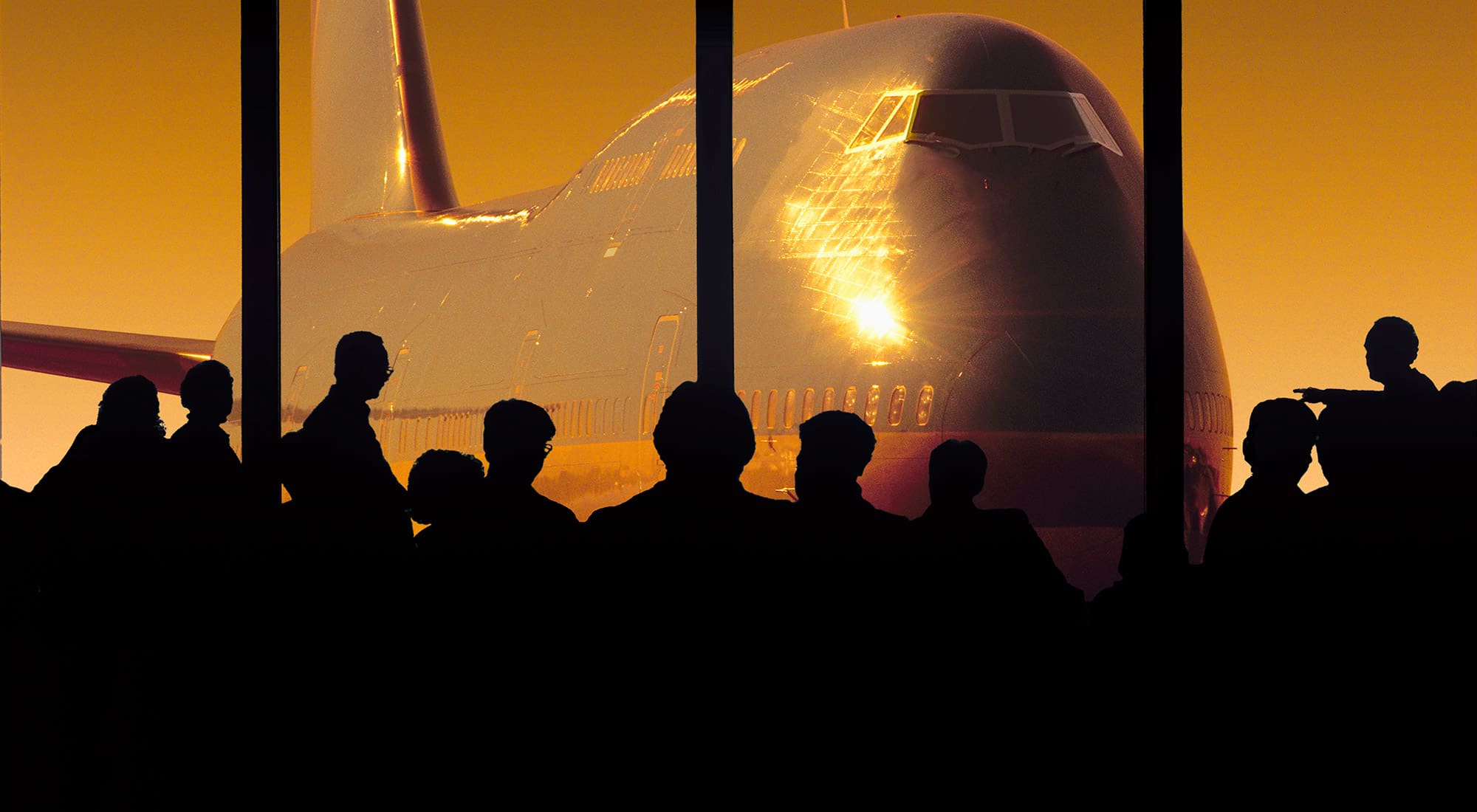8,000 jumbo jets needed to deliver coronavirus vaccines globally, IATA warns

The view of a Boeing 747 aircraft from inside an airport terminal.
Source: Boeing
The delivery of any future coronavirus vaccine requires “careful planning” with the air transport industry now in order to avoid “potentially severe” issues when it’s ready for global distribution, the International Air Transport Association (IATA) has warned.
Calling it the “largest single transport challenge ever,” the air transport body called on governments to start preparing for the large-scale delivery of a Covid-19 vaccine.
“The potential size of the delivery is enormous. Just providing a single dose to 7.8 billion people would fill 8,000 (Boeing) 747 cargo aircraft,” IATA said Wednesday. The world’s population is estimated to have hit 7.8 billion in March this year.
“Land transport will help, especially in developed economies with local manufacturing capacity. But vaccines cannot be delivered globally without the significant use air cargo,” IATA added.
The group urged governments to begin planning with “industry stakeholders” to ensure full preparedness when vaccines for Covid-19 are approved and available for distribution. Several vaccines are in late-stage clinical trials currently but only Russia has approved its own vaccine for use so far.
IATA noted that air cargo plays “a key role in the distribution of vaccines in normal times through well-established global time- and temperature-sensitive distribution systems,” a capability that will be crucial when it comes to transporting vaccines around the world.
‘Highly valuable commodities’
The transportation of vaccines is not simple; they have to be handled and transported in line with international regulatory requirements, at controlled temperatures and without delay to ensure the quality of the product, IATA noted.
“While there are still many unknowns (number of doses, temperature sensitivities, manufacturing locations, etc.), it is clear that the scale of activity will be vast, that cold chain facilities will be required and that delivery to every corner of the planet will be needed.”
IATA said priorities for governments were to ensure facilities, security and border processes were prepared now to ensure the quality of the vaccine. It recommended the procurement, or repurposing of, buildings to ensure there were temperature-controlled facilities and equipment available, as well as making sure there are enough people trained to handle time- and temperature-sensitive vaccines.
Governments also have to consider the current diminished cargo capacity of the global air transport industry, IATA said, amid a what it called a “severe downturn” in passenger traffic that had forced many airlines to downsize and to put many aircraft into remote long-term storage.
“If borders remain closed, travel curtailed, fleets grounded and employees furloughed, the capacity to deliver life-saving vaccines will be very much compromised,” IATA’s Director General and CEO Alexandre de Juniac said.




